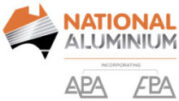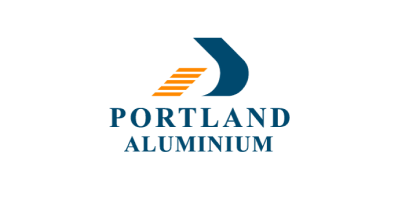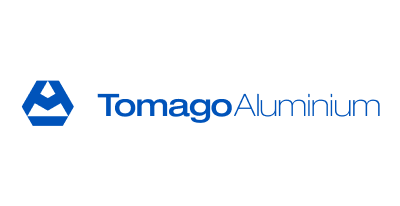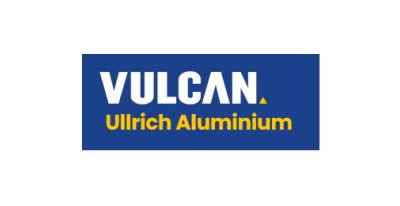It is an excellent choice of material for vehicles, especially in aerospace, automotive, and marine applications.
It forms a natural protective oxide layer on its surface when exposed to air, which makes it highly corrosion-resistant. This is vital for vehicles that operate in harsh environments, such as marine vessels and aircraft.
Despite its lightweight nature, aluminium possesses a high strength-to-weight ratio. This means it can withstand significant loads and stresses while keeping the overall weight of the vehicle or structure to a minimum. It’s very good at absorbing shock: in fact it’s twice as effective at it as steel.
For this reason, automakers have long been using aluminium in bumpers. When aluminium parts get bent or deformed, the deformation remains localised to the areas of impact while the rest of the body retains the original shape, ensuring safety for the passenger compartment.
The aluminium industry directly employs around 20,000 people and puts food on the table for around 75,000 families – mostly in Australia's regional locations.
More than $15B in export earnings across bauxite, alumina and aluminium every year and $18B in contribution to GDP. Aluminium is Australia's largest manufacturing export.
From bauxite mines, alumina refineries, aluminium smelters and downstream manufacturers through to market, Australia can do it all. Aluminium is one of the few products mined, refined, smelted, extruded and distributed right here in Australia - going through more than 5 sets of Australian hands before it ends up in homes and businesses around the world.

The Australian Aluminium Council is the peak industry association representing the Australian aluminium industry from mine to market.















































































